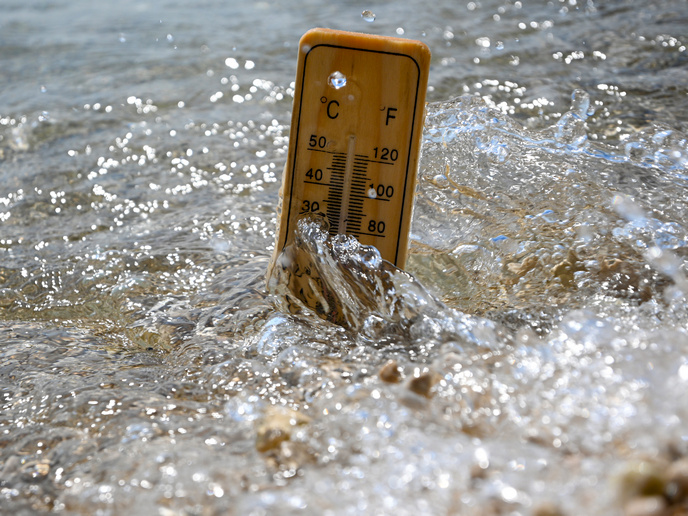Algae as more than a future biofuel
Central to biofuel sustainability is the way in which feedstock production affects CO2 balance, land and water use, and competition with food crops. In this respect, algae as a fuel source has the advantage of producing potentially high yields with minimum land requirements. The project AQUAFUELS (Algae and aquatic biomass for a sustainable production of 2nd generation biofuels) explored the overall feasibility of algae to enter biofuel production chains. The scientists then investigated the most appropriate strategies to develop such production chains. As a first step, AQUAFUELS evaluated the actual economic, technical and sustainability potential of large-scale biofuel production pathways to identify their strengths and weaknesses. With the help of a questionnaire, researchers next generated a directory on algae stakeholders in Europe and worldwide that included over 1 000 members. The researchers found that it would be unwise to think about algae biomass only as a function of the production of biofuels and/or bioenergy. The AQUAFUELS questionnaire showed that only 11 % of respondents considered only energy as the final use of their product. On the other hand, 74 % of respondents considered energy to be complementary to other final uses for their product. AQUAFUELS also supported the creation of the European Algae Biomass Association (EABA) to continue its work. Researchers addressed the taxonomy, biological and biotechnological aspects of various algae species. Overall, they identified 72 relevant algae species for biomass, biodiesel and bioethanol production. The team found that only 30 species are commercially produced, while 47 species showed a potential for cultivation in seawater. AQUAFUELS created a functional taxonomy of all these algae species to produce all kinds of biofuels, such as biodiesel, bioethanol and biogas. When assessing the major scientific and technology research needs for algae-to-biofuels production, researchers found that most algae-based biofuels were still at a research stage. AQUAFUELS did, however, find a growing industry in various EU countries, which could play a significant role in the future.
Keywords
Algae, biofuel, aquatic biomass, AQUAFUELS , European Algae Biomass Association







